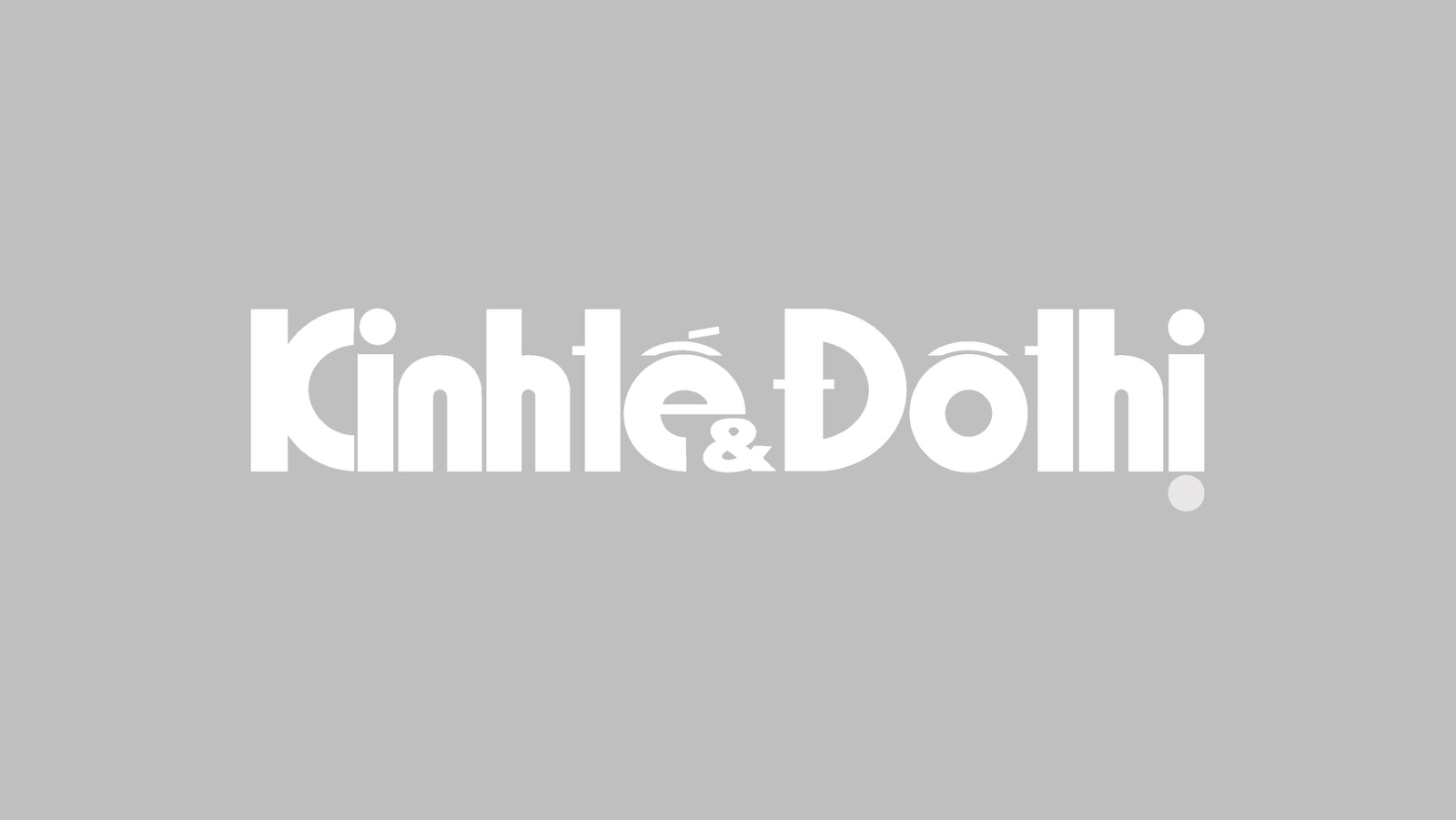Social Affairs
Making public transportation affordable and easy to improve air quality: Expert
Apr 27, 2019 / 11:15 AM
If a simpler, easier, and more economical way of traveling is offered, people will choose the option that not only helps to improve the economy but also the air quality, Shell noted.
One of the best solutions to keep the sky blue and lungs clean is reducing emissions from vehicles by encouraging people to use mass transit, which is cheap and easy.
Michael Shell, economist with the Office of Transportation and Air Quality (OTAQ) at the U.S. Environmental Protection Agency, raised the idea at the Air Quality Awareness Week Expert Panel Session held by the US embassy in Hanoi on April 26.
At the event, panelists in transportation and environment delivered their remarks and discussed the link between transport emissions and air quality issues.
The session also focused on the challenges to reduce vehicle emissions and possible solutions, from developing public transportation to banning motorbikes in Vietnam.
In his presentation, Shell emphasized that the most influential factor to reduce emissions from vehicles is to change people’s attitude and behavior regarding using motorbikes which are unquestionably convenient and space-saving to commute daily in Vietnam.
Thus, incentivizing good behavior by making it easy, and deterring bad one by making it harder and costly is the idea, Shell suggested, citing a famous saying of winner of Nobel prize of economics Richard Thaler: “If you want to encourage someone to do something, make it easy.”
For example, Washington D.C takes a leading role in launching the largest bike-sharing system in the US, as a result, more people commute by the two wheels that contribute to lessening emissions.
London imposed the Low Emission Zone (LEZ) as a traffic pollution charge scheme in order to reduce the exhaust gas emissions of diesel-powered commercial vehicles in the center.
Alternatively, New York City has put into practice the congestion fees by zoning an area that charges all entering vehicles US$11.
If a simpler, easier, and more economical way of traveling is offered, people will choose the option that not only helps to improve the economy but also the air quality, Shell noted.
Over the past time, Vietnam has attempted to reduce the emissions from transportation by bettering infrastructure for public transport, building metro lines, moving to Euro 5 emissions standards or proposing motorbike ban in inner-city areas in some big cities, in a move to improve air quality.
However, the expert raised a big question in the future: The increasing demand for cars in Vietnam as the living standard of average people is higher would put more pressure on the environment.
Michael Shell, economist with the Office of Transportation and Air Quality (OTAQ) at the U.S. Environmental Protection Agency, raised the idea at the Air Quality Awareness Week Expert Panel Session held by the US embassy in Hanoi on April 26.

Michael Shell presents posible solutions to help Vietnam ease vehicle emissions. Photo: US embassy
|
The session also focused on the challenges to reduce vehicle emissions and possible solutions, from developing public transportation to banning motorbikes in Vietnam.
In his presentation, Shell emphasized that the most influential factor to reduce emissions from vehicles is to change people’s attitude and behavior regarding using motorbikes which are unquestionably convenient and space-saving to commute daily in Vietnam.
Thus, incentivizing good behavior by making it easy, and deterring bad one by making it harder and costly is the idea, Shell suggested, citing a famous saying of winner of Nobel prize of economics Richard Thaler: “If you want to encourage someone to do something, make it easy.”
For example, Washington D.C takes a leading role in launching the largest bike-sharing system in the US, as a result, more people commute by the two wheels that contribute to lessening emissions.
London imposed the Low Emission Zone (LEZ) as a traffic pollution charge scheme in order to reduce the exhaust gas emissions of diesel-powered commercial vehicles in the center.
Alternatively, New York City has put into practice the congestion fees by zoning an area that charges all entering vehicles US$11.
If a simpler, easier, and more economical way of traveling is offered, people will choose the option that not only helps to improve the economy but also the air quality, Shell noted.
Over the past time, Vietnam has attempted to reduce the emissions from transportation by bettering infrastructure for public transport, building metro lines, moving to Euro 5 emissions standards or proposing motorbike ban in inner-city areas in some big cities, in a move to improve air quality.
However, the expert raised a big question in the future: The increasing demand for cars in Vietnam as the living standard of average people is higher would put more pressure on the environment.








